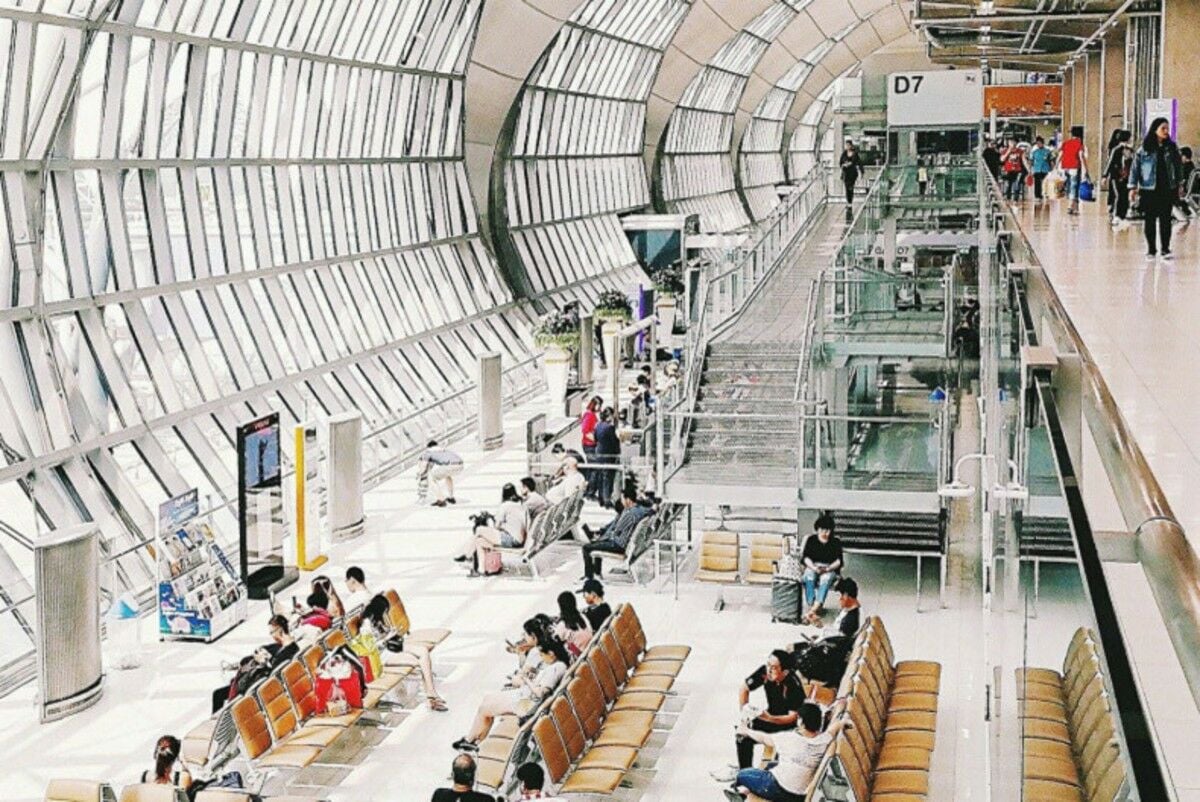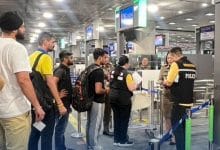Thailand allows daily airport alcohol sales to boost tourism

The Prime Minister’s Office has implemented a regulation allowing the daily sale of alcoholic beverages at major international airports. This directive, detailed in the Royal Gazette on Christmas Day, became effective yesterday, December 26.
The modification aims to align legal practices with the current situation, an observer noted. Prime Minister Paetongtarn Shinawatra, following the counsel of the Alcoholic Beverage Control Committee, repealed a previous announcement from February 5, 2015, which restricted alcohol sales.
Despite the relaxation, nationwide bans on alcohol sales remain intact during the five key Buddhist holy days: Makha Bucha, Visakha Bucha, Asanha Bucha, and the beginning and end of Buddhist Lent.
In July, the Alcoholic Beverage Control Committee allowed sales at international airports managed by Airports of Thailand (AoT) on these sacred days, a decision now officially endorsed by the prime minister.
The airports involved include Suvarnabhumi, Don Mueang, Chiang Mai, Chiang Rai, Phuket, and Hat Yai. This initiative aims to enhance traveller spending and further bolster tourism, according to sources.
Concurrently, the Department of Excise is advancing plans to amend regulations concerning community liquor production, intending to stimulate the local economy and improve the quality of community-produced alcoholic beverages.
Deputy Finance Minister Paopoom Rojanasakul stated that the objective is to ease the licencing process for community alcohol production, thereby increasing community income and encouraging the use of domestic materials.
Revised guidelines will permit brewpubs and craft beer breweries to sell keg beer off-site, with keg containers required to be at least 20 litres. Additionally, small beer factories will have the opportunity to upgrade to medium-sized facilities without needing a new licence, reported Bangkok Post.
The new rules are anticipated to be implemented in February.

In related news, a well-known Thai influencer has tragically died after being hired to consume an excessive amount of alcohol in exchange for 30,000 baht (US$880).
Latest Thailand News
Follow The Thaiger on Google News:


























